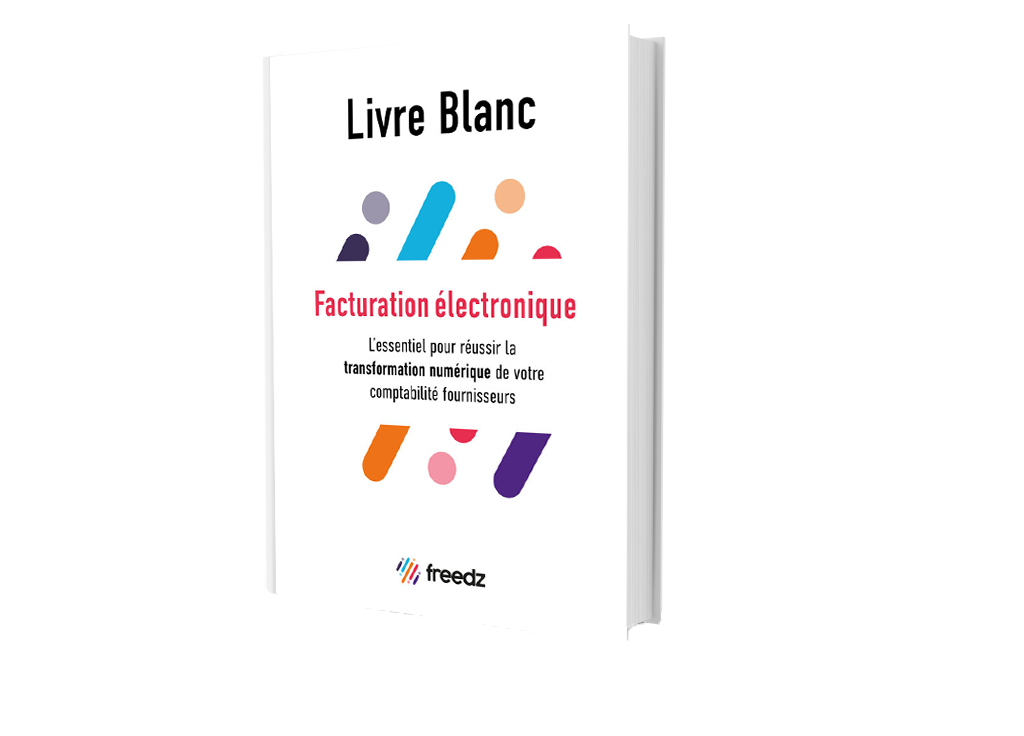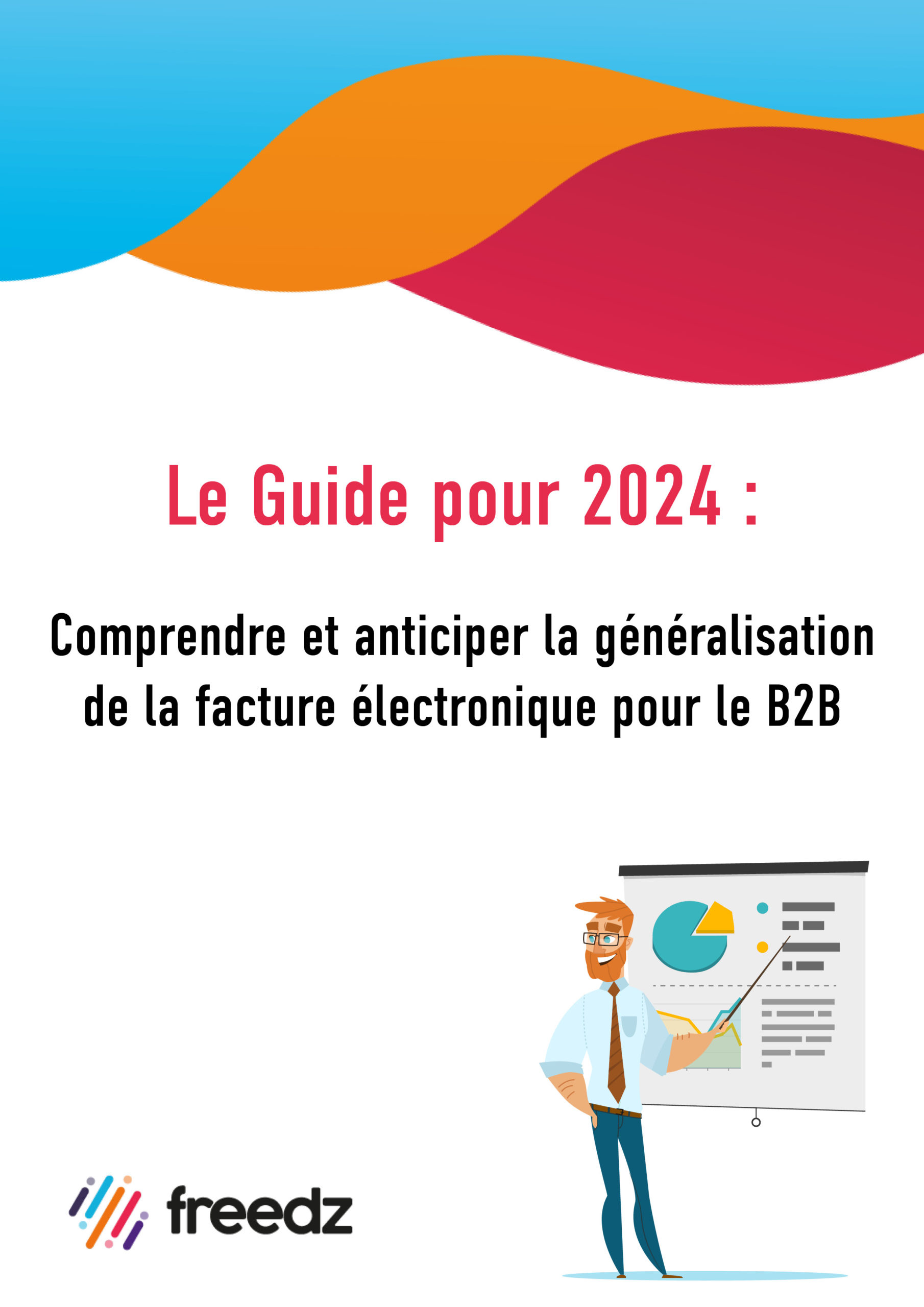Professional expenses and expense reports: optimise your management from A to Z
From the simple (but very effective) automation of your accounting tasks, to the optimisation of your budgets and expense reports; here are some good practices that can be easily implemented so that you can finally spend time on your business rather than on your accounting. Follow the guide!
Some boxes to check:
✅ Rethink the organisation and control of your expenses
✅ Automate your recurring and time-consuming processes
✅ Track and analyse your expenses in real time
Delegate to your teams in total security
First things first: rethinking the way you organise and control your spending will undoubtedly have an immediate impact on your finances, but also on the productivity of your teams. If you identify with any of the following statements, we recommend that you read this paragraph in its entirety!
- You feel like you're constantly chasing your employees to get their expense reports (spoiler: they probably also feel like they're spending their time preparing everything for accounting)
- You may find it difficult to keep track of expenses made with a business bank card shared by several colleagues (or even the whole company)
- You find it difficult to budget for your teams' expenses (various equipment, software, travel expenses, meals, subscriptions, etc.).
The solution: include your teams in the expense management process from the start!
For example, by signing up for a next-generation business account with member access, benefits and scope that you choose, you can work collaboratively with your employees even when it comes to finances.
- 👉 Your employees can access the account depending on the permissions you grant them and their roles (managers or employees, even your accountant).
- 👉 Your employees can have individual business cards (physical or virtual) for their expenses, and for which you define limits and permissions.
- 👉 Your teams track their expenses autonomously, complete their transactions by linking digitised (and certified with legal value) receipts in one click, or they program transfers that you will only have to validate!
- You give your teams enough autonomy so that you don't have to worry about everyone else's expenses;
- You have control over every single expense, seemingly out of the blue.
Do you still doubt it?
In this context, spending is in every respect more secure: you no longer share company card data indiscriminately and you choose a payment method that is adapted to and limited to individual expenses. Another important advantage: an online business account often offers more flexibility. You can generally define and modify the payment, withdrawal and card use limits at any time (only on certain days, abroad, contactless, etc.). Do you need to order a card? Block another one that one of your employees thinks has been lost? With online banking solutions, you can do this without having to ask your banker.
As you can see, getting your company's expenses under control is simply a matter of establishing some good rules to start with.
Control your expenses in real time
Once your employees are integrated into your financial management process and your validation circuit is in place, all you have to do is allocate the available budgets and automate the verification of expenses.
Do you think that centralising everything can simplify your work? Sometimes, but not always! We will show you A plus B that when it comes to expenses, it is advisable to divide and conquer.
The first thing to do is to identify your various expense items. For this, the new generation of business accounts still have some advantages:
- 👉 The ability to create multiple accounts with dedicated IBANs that allow you to separate your expense items, and most importantly link the cards you have ordered for your employees to the account of your choice.
- 👉 You can also have accounts to put money aside and anticipate your recurring expenses: taxes, contributions, salaries, supplier payments...
- 👉 No two without three - here's another benefit and not the least - you can also assign custom labels to categorise your expenses within accounts, and which will appear on your bank statements. Your accountant will love you!
Speaking of accounting... Did you know that some business banking solutions also offer integrated management features and services? As mentioned above, this is one of the cases where centralisation can save you both time and money!
In concrete terms this means :
- 👉 Synchronise your management tools with your bank account so that your tools work for you. For example, you can send all salary transfers from a single platform with one click.
- 👉 Give your accountant access to check your bank statements and retrieve a full export of your transactions, as soon as necessary.
- 👉 Be able to do cost accounting, with systems of labels and filters that let you know where you stand with your spending at a glance.
In conclusion
As you will have understood, the key lies in choosing the right tools and organising expenses from the purchase phase. Intuitive and collaborative, they save precious time in budgeting and accounting for your various expenses. Accessible and easy to implement, they will be your best allies in your daily life, to manage your expenses without effort but not without results.
Job status: automate project processing
The work progress invoice is a well-known document in the building and property sectors. It allows a company to be paid as the work progresses by invoicing a percentage of the service. It is therefore a...
CSM at the heart of customer satisfaction at Neovacom
The CSM, or Customer Success Manager, helps customers to get to grips with the Freedz platform (a product of Neovacom). As a privileged contact for customers, he or she is often a key player in customer follow-up and helps build customer loyalty. Ondine...
Collected VAT: what do I need to know?
As a major source of government revenue, VAT must be properly managed to comply with regulations and avoid financial penalties, enabling companies to maintain competitive prices while ensuring profitability. Playing a key role in the...
Our most popular free resources:

White paper: the essentials for a successful digital transformation of your accounts payable
This white paper provides answers to the main questions you may have when making the transition to electronic invoicing, as well as the points to watch out for in order to successfully complete your project.

The Guide to 2024: everything you need to know about the widespread use of electronic invoicing
This guide contains all the information you need to understand the new legislation and to anticipate this change.

Case Study: Improve Accounts Payable Efficiency While Maintaining Control
In order to improve its supplier relations and enhance the value of its employees' missions within the accounting department, Halpades has chosen to completely dematerialise its supplier invoices thanks to Freedz.





